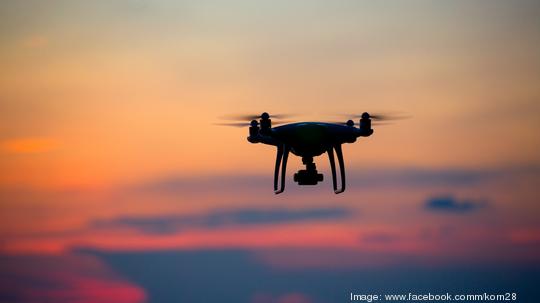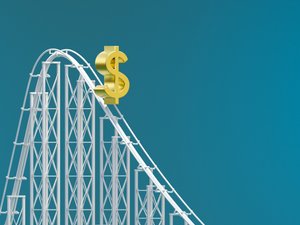
Some see drones as the future of flight, especially with Bell and Uber making heavy investments in the North Texas region for their autonomous flying taxi program. However, in Texas, not all who work with drones enjoy the same rights and privileges.
In an effort to change this, the National Press Photographers Association and the Texas Press Association filed a lawsuit on Friday, arguing that Texas’ drone laws violate the First and Fourteenth Amendment rights of journalists in the state. Under current law, journalists are effectively banned from using drones to capture footage over a number of different types of sites that other industries are granted exemptions for.
“Texas is like way behind,” said Michael Hill, founder and CEO of Dallas-based Cumulus Technologies, a commercial drone company. “What I tell people is Texas is the sleeping dog on the porch, and now that this dog has woken up, it’s going to be the innovator in this industry. There are opportunities out there for people to start businesses... to help flourish and grow this industry.”
Passed in 2013, Texas’ laws surrounding drone usage prohibits their use for “surveillance” of individuals and private property, as well as banning their use over “critical infrastructure facilities,” such as power plants, oil refineries, sports stadiums and prisons. Exemptions can be granted for commercial and governmental use, but there are no exemptions for journalists, and people violating the law can be punished by fines up to $2,000 and 180 days in jail.
"You’re not going to stop it; you have to understand it."
The plaintiffs in the suit argue that the lack of exemptions is a violation of the First Amendment right to the freedom of the press. In addition, they argue that because the wording of the term “surveillance” is vague, the law is a violation of the Fourteenth Amendment in that it unnecessarily prohibits rights that are granted at the federal level.
“These restrictions chill and criminalize speech and newsgathering activity,” the lawsuit reads. “Some visual journalists avoid the use of drones altogether for fear of violating [the law]… others attempt to operate in compliance… but find it nearly impossible to do so.”
The plaintiffs say that the laws should be changed because many of the restricted locations prevent reporting on events of public interest.
Hill said that North Texas is quickly becoming a hub for the drone and unmanned flight industry, due to its infrastructure and the many companies already working in the ecosystem, such as Bell and Lockheed Martin. However, he said that while companies and government regulators are currently discussing how to support the market, the state’s laws are a large hinderance to its growth.
“This is an evolution that is here… it’s just scaled so fast and so quickly,” Hill said. “You’re not going to stop it; you have to understand it. People need to get educated on this tech, both the good and the bad, and remove these blinders and realize this is coming in our environment.”








